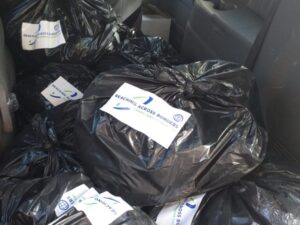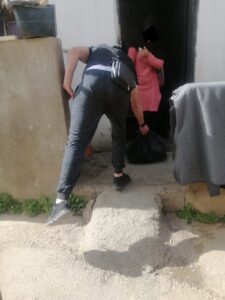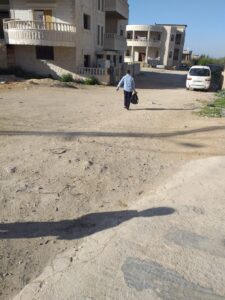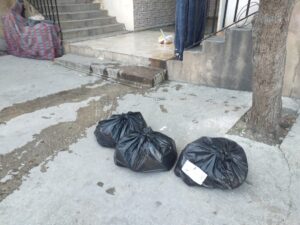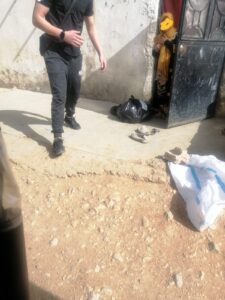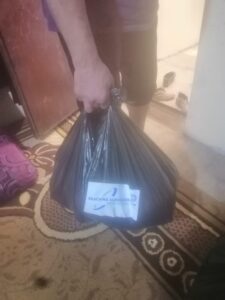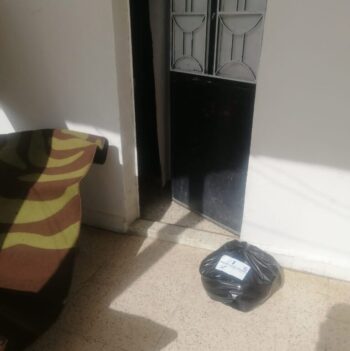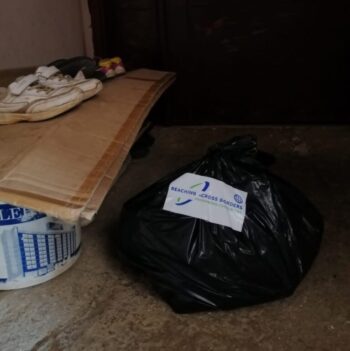Ramadan & Eid: Remembering the less fortunate –
Just a basic meal and remembering the Eids of past …
Ramadan is a holy month for Muslims. This month occurs on the ninth month of the lunar-based Islamic calendar. This year, Ramadan started on April 1, or April 2 in certain countries, depending on the sighting of the New Moon, and ends with the Eid celebration on May 2 or 3, 2022, depending on location.
During Ramadan, Muslims are required to abstain from food and drink from dawn to dusk for 30 days. The act of fasting is meant to remind Muslims of the less fortunate and to reinforce the need to be thankful. As one of the five pillars or duties of Islam, fasting during the month of Ramadan is mandatory for all healthy adult Muslims. Children who have not reached puberty, the elderly, those who are physically or mentally incapable of fasting, pregnant women, breastfeeding mothers, and travelers are exempt.
During the month of Ramadan, Muslims eat a pre-fast meal known as suhur. This meal often resembles breakfast, but in some cultures, it may include more dinner-like foods. After sundown, Muslims end their fast with iftar, a meal which usually starts with dates and water or milk, followed by dinner.
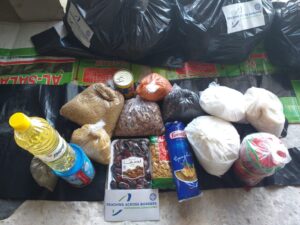
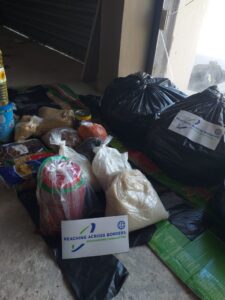
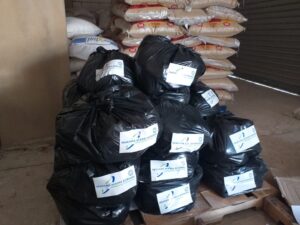
Sadly, there are many Muslims for whom this is not the case.
In the majority of Syrian refugee households in the Bekaa Valley, Lebanon, a porridge made with water (see below) is their suhur and iftar meal. Yet, they fulfill their Islamic duty, of fasting during the month of Ramadan.
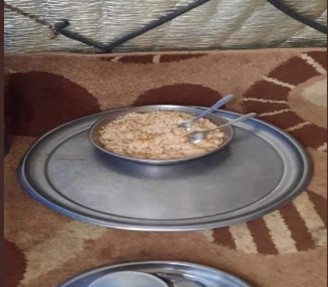
Food inflation in Lebanon has exceeded 400% since 2019.
What can you buy for LBP 10,000 (which is the equivalent of US $6.66 using the official exchange rate to the Lebanese Lira, and less than fifty US cents given the black-market exchange rate)?
In 2019, one could buy 8 food items for around LBP 10,000. By 2021 you could only buy 3 of those food items for that that amount of money. And, by today, the price of basic food items has increased even more.
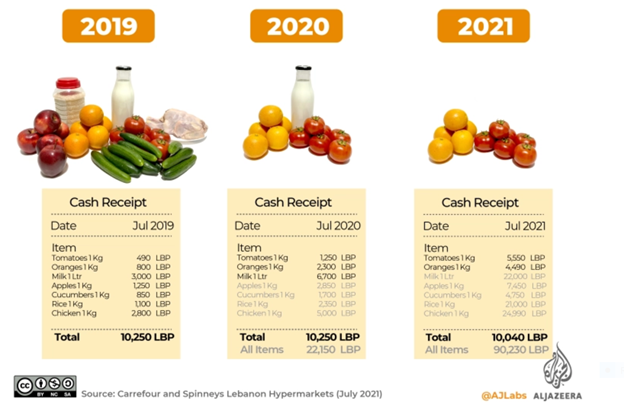
The above illustration is taken from AlJazeera’s website:
www.aljazeera.com/news/2022/4/13/syrian-refugees-struggle-in-cash-strapped-lebanon
Food distribution:
As we keep getting donations from generous donors like yourselves, our team on the ground distributes food parcels. We are giving priority to female-headed households and widows with children. This is the most vulnerable group, and they are at a very high-risk of abuse. Of course, we want to be transparent and accountable to our donors. We take photos of each distribution drive, but at the same time we want to be respectful of our recipient’s dignity. Therefore, we do not photograph their faces or share any identifying information about them. Sometimes, they do give us permission to photograph their children and publish them, then only do we do so.
With food inflation we have also found that for our usual $35 per household, we were able to procure a smaller package of food, than we did in February 2022. This time the package will only last the family one week to 10 days as opposed to 2 to 3 weeks, previously. This time we have, as we always do, provided the basics such as tea, sugar, flour, bulgur, and proteins such as lentils, beans, etc., and dates instead of halwa.
Once again, we humbly request that you go to our website to donate; or you can contact us by sending email to Raiza@ReachingAcrossBorders.org; or by WhatsApp: +1.202.262.5346, to make a donation.
Every dollar, every Euro, every Rand, every Pound, every donation makes a difference. We would like to help distressed people to put food on their tables during this Ramadan and on Eid Day.
Parents lament about the Eids they spent in Syria in their homes with family and friends; their tears express their pain of not being able to provide for their children today.
